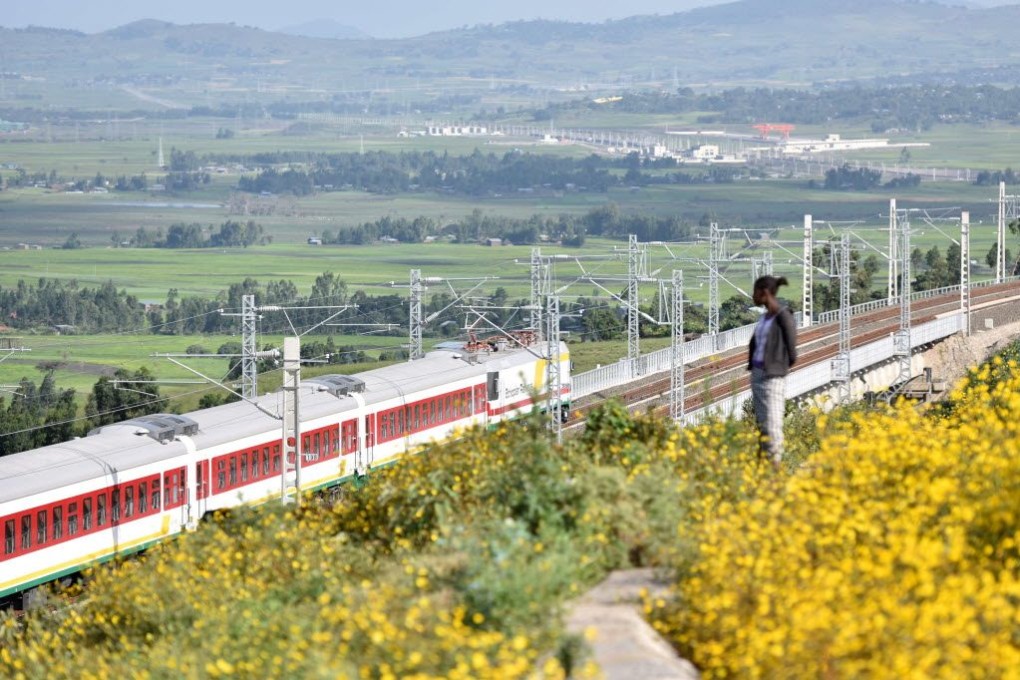Advertisement
China still committed to Africa despite Covid-19 disruption, minister says
- Pandemic’s economic impact is ‘temporary difficulty’, head of foreign ministry’s African department says before Forum on China-Africa Cooperation meeting
- Strengthening cooperation with the continent ’will not waver’, he says, after slowdown in Chinese spending
2-MIN READ2-MIN
1

China will not scale back its investment in Africa, a Chinese diplomat said before a ministerial forum with the continent next week.
Beijing has become one of Africa’s largest creditors in recent years, lending hundreds of billions of dollars to governments to finance the bulk of their infrastructure. Africa is also home to a third of the countries that have signed up to China’s transcontinental infrastructure strategy, the Belt and Road Initiative.
But China’s dwindling appetite for large-scale investments, along with the Covid-19 pandemic, have led to a slowdown in Chinese spending in the continent.
Advertisement
Wu Peng, director general of the foreign ministry’s African affairs department, said on Friday that the Chinese government’s level of commitment to Africa remained the same.
“Africa experienced a relatively severe economic recession in 2020 because of the pandemic, but this is a temporary difficulty and we have already witnessed optimistic recovery in 2021,” Wu said.
Advertisement
Advertisement
Select Voice
Select Speed
1.00x